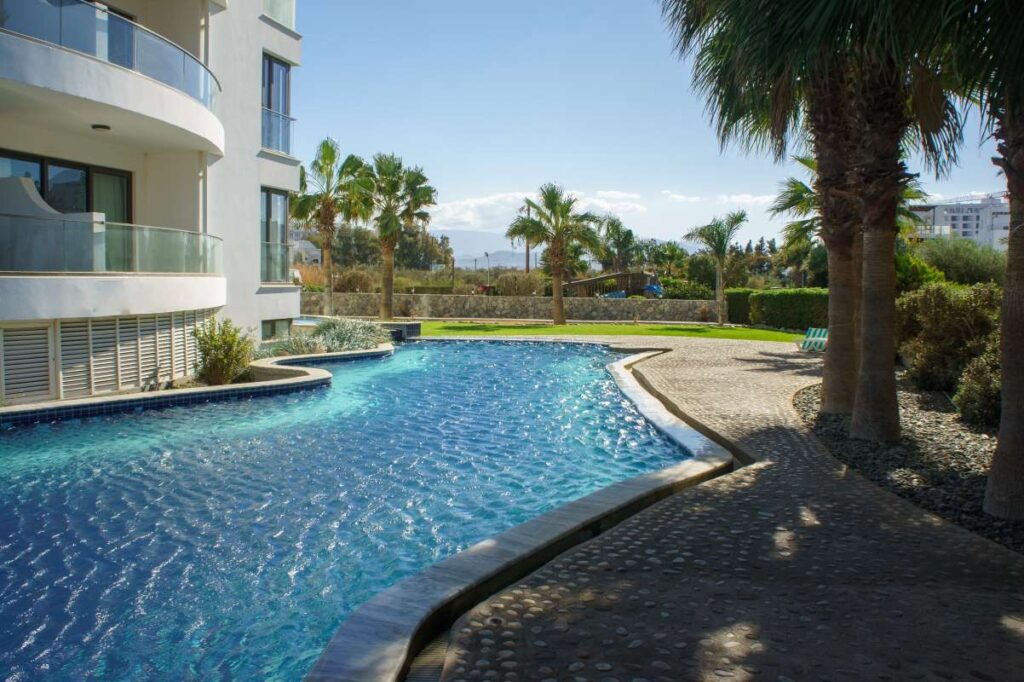What HOA Boards Ask for in Palm Coast, Florida
In Palm Coast, Florida, homeowners associations (HOAs) play a vital role in maintaining community standards and enhancing property values. In this article, we’ll dive deep into what HOA boards typically ask for from residents, focusing on common requests, regulations, and tips for smooth interactions.
What HOA Boards Ask for in Palm Coast, Florida
HOAs in Palm Coast are essential governing bodies that oversee the rules and regulations of residential communities. They serve to protect property values, maintain common areas, and ensure that the community adheres to certain standards. Understanding what an HOA board typically requests can greatly benefit homeowners, particularly in establishing harmonious relationships with neighbors and board members alike. This article will explore typical requests from HOA boards, the importance of compliance, and practical tips for residents.
The importance of engaging with your HOA cannot be understated, particularly in a community like Palm Coast where aesthetics and property values are prioritized. By being well-informed about the expectations set forth by the HOA, residents can enjoy their homes more fully and avoid potential conflicts. Let’s explore what these boards commonly request from homeowners.
Understanding HOA Rules and Regulations
One of the first things HOA boards ask homeowners to do is familiarize themselves with the community’s rules and regulations. These guidelines cover a wide range of topics, including property modifications, landscaping, and community behavior. In Palm Coast, HOA regulations are often detailed in the community bylaws, which every resident should review upon moving in.
For example, many HOAs enforce rules regarding exterior modifications to homes. If you’re thinking about repainting your house or adding a new fence, you’ll likely need to submit an application to the board for approval. Such regulations are vital in maintaining a cohesive look throughout the neighborhood.
Moreover, the HOA may also have specific landscaping requirements. This can include restrictions on the types of plants that can be used or mandates for maintaining a certain lawn height. Understanding these rules from the beginning can save homeowners from potential fines or the need for costly alterations later on.
Regular Maintenance and Community Standards
Another request often made by HOA boards in Palm Coast involves the regular maintenance of properties. Homeowners are expected to maintain their yards, sidewalks, and driveways to ensure the community remains visually appealing. Boards typically conduct periodic inspections to ensure compliance with these maintenance standards.
For instance, residents may be asked to keep their lawns mowed and free of debris or to ensure that their homes are free from peeling paint. In communities with shared amenities, like pools or clubhouses, the HOA may also request that homeowners follow specific regulations regarding their use to maintain cleanliness and safety.
Failure to adhere to these maintenance rules can lead to warnings or fines from the HOA. Therefore, it’s essential to be proactive about property upkeep and to stay informed about any scheduled inspections or community standards updates.
Communications and Feedback
HOA boards in Palm Coast also prioritize open communication with residents. Homeowners are often encouraged to participate in board meetings and provide feedback on community issues. This request for engagement is vital as it fosters a sense of community and ensures that all voices are heard.
Additionally, many HOAs utilize newsletters or online platforms to keep residents informed about upcoming meetings, community events, and rule changes. Engaging with these resources is crucial for staying up-to-date and involved in community decisions.
Moreover, if residents have concerns or suggestions, they are encouraged to communicate these to the board. Constructive feedback is often welcomed, and many boards appreciate residents who take an active interest in maintaining quality of life in their community.
Financial Responsibilities and Assessments
Another significant aspect of HOA life involves understanding financial responsibilities. HOA boards typically request that homeowners pay their dues on time, which are used to maintain common areas, fund community events, and cover other operational costs. In Palm Coast, these dues can vary widely depending on the community’s amenities and services offered.
Homeowners should be aware of how their dues are calculated and what they cover. Regular assessments may also be conducted to ensure that the HOA can maintain its facilities and services. In some cases, homeowners may be subject to special assessments for unexpected expenses, such as emergency repairs to community infrastructure.
Understanding these financial aspects can help residents budget effectively and avoid any late fees or penalties associated with unpaid dues.
Architectural Review Process
HOA boards often emphasize the importance of maintaining community aesthetics through an architectural review process. Homeowners seeking to make changes to their property—whether it’s a new roof, patio, or landscaping—are typically required to submit detailed plans for board approval.
This process ensures that modifications align with community standards and do not negatively impact neighboring properties. Submitting a request typically involves filling out an application form and providing detailed descriptions or even blueprints of the proposed changes.
Being thorough in this process can lead to a smoother review process. Homeowners should ensure that their submissions meet all specified requirements and guidelines set forth by the HOA.
Community Events and Involvement
Many HOAs in Palm Coast take pride in organizing community events, which serve as a way to foster camaraderie among residents. From neighborhood barbecues to holiday gatherings, these activities are not only enjoyable but also a chance for residents to engage with one another.
HOA boards often request volunteers from the community to help organize and run these events. Participation can lead to stronger community bonds and enhance the overall living experience. Not only does this create a friendly atmosphere, but it also allows residents to voice concerns and suggestions in a more relaxed setting.
Furthermore, involving oneself in these events can provide valuable networking opportunities, potentially leading to new friendships and business connections within the community.
Compliance with Local Regulations
In addition to internal HOA rules, homeowners are also expected to comply with local and state regulations. This includes zoning laws, building codes, and any relevant environmental regulations that may pertain to property use or modifications. Understanding these laws is just as crucial as adhering to HOA requests.
For example, if a homeowner wishes to install a pool or make significant alterations to their property, they should check with local authorities to obtain the necessary permits. Failure to comply with these regulations can result in fines and may require the homeowner to undo any unapproved work.
It’s beneficial for residents to stay informed about local ordinances and changes in regulations that might affect their property rights or responsibilities, as these can change over time.
Best Practices for Homeowners
Being a responsible homeowner in an HOA community involves more than just compliance; it requires proactive engagement and effective communication. Here are some best practices for residents in Palm Coast.
First, familiarize yourself with the HOA’s governing documents. Understanding the bylaws, rules, and regulations will help you navigate the community more effectively.
Second, attend board meetings regularly. This will not only keep you informed about community issues but also allow you to voice your opinions and contribute to discussions that affect your home and neighborhood.
Conclusion
In conclusion, understanding what HOA boards in Palm Coast, Florida, expect from residents is crucial for maintaining a harmonious community. By being aware of the rules, engaging with the board, and participating in community events, homeowners can contribute positively to their neighborhoods.
Moreover, staying informed about financial responsibilities and local regulations is essential for avoiding potential conflicts and ensuring a smooth living experience. Whether it’s maintaining property standards or participating in community discussions, active involvement can lead to a rewarding and enriching HOA experience.
For those interested in exploring the benefits of living in a community governed by an HOA, remember to engage fully and maintain open lines of communication with your board members. This proactive approach can greatly enhance both your experience and that of your neighbors in Palm Coast.



